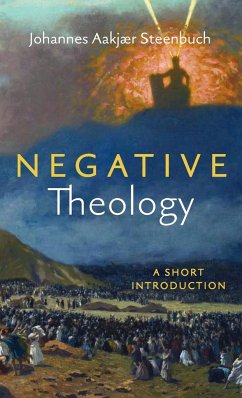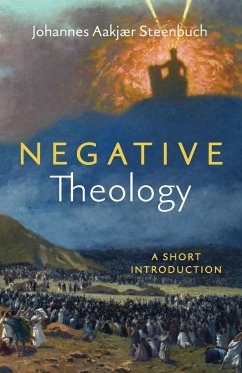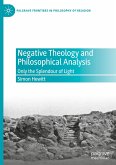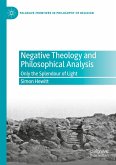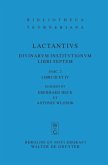How do we speak about God if God is ineffable? This paradoxical question lies at the heart of one of the strangest traditions of philosophical and theological thought: negative theology. As a tradition of thought, negative (or apophatic) theology can be traced back to the convergence of Greek philosophy with Jewish and Christian theology in the first century CE. Beginning with a seemingly simple claim about the ineffability or unsayability of God, negative theology evolved into a complex tradition of thought and spirituality. Today, together with a growing interest in patristic and medieval studies, negative theology enjoys renewed attention in contemporary philosophy and theology. This short introduction presents an overview of how the tradition developed from antiquity until present.
Hinweis: Dieser Artikel kann nur an eine deutsche Lieferadresse ausgeliefert werden.
Hinweis: Dieser Artikel kann nur an eine deutsche Lieferadresse ausgeliefert werden.

